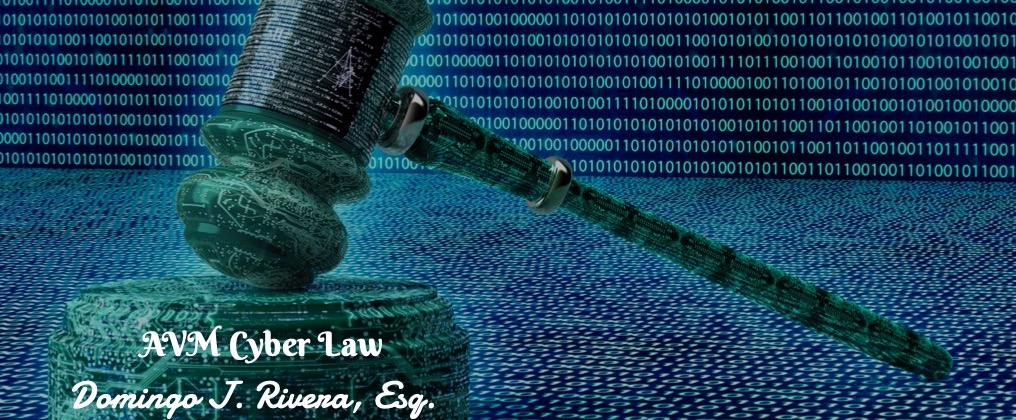Criminal Copyright Infringement Statute
Fri, May 21, 2010
Read in 3 minutes
Whoever violates section 506 (a) (relating to criminal offenses) of title 17 shall be punished as provided in subsections (b) and (c) of this section and such penalties shall be in addition to any other provisions of title 17 or any other law.

Criminal Copyright Infringement
18 U.S.C. § 2319. Criminal infringement of a copyright
(a) Whoever violates section 506 (a) (relating to criminal offenses) of title 17 shall be punished as provided in subsections (b) and (c) of this section and such penalties shall be in addition to any other provisions of title 17 or any other law.
(b) Any person who commits an offense under section 506 (a)(1) of title 17—
<div>
(1) shall be imprisoned not more than 5 years, or fined in the amount set forth in this title, or both, if the offense consists of the reproduction or distribution, including by electronic means, during any 180-day period, of at least 10 copies or phonorecords, of 1 or more copyrighted works, which have a total retail value of more than $2,500;
</div>
<div>
(2) shall be imprisoned not more than 10 years, or fined in the amount set forth in this title, or both, if the offense is a second or subsequent offense under paragraph (1); and
</div>
<div>
(3) shall be imprisoned not more than 1 year, or fined in the amount set forth in this title, or both, in any other case.
</div>
© Any person who commits an offense under section 506 (a)(2) of title 17, United States Code—
<div>
(1) shall be imprisoned not more than 3 years, or fined in the amount set forth in this title, or both, if the offense consists of the reproduction or distribution of 10 or more copies or phonorecords of 1 or more copyrighted works, which have a total retail value of $2,500 or more;
</div>
<div>
(2) shall be imprisoned not more than 6 years, or fined in the amount set forth in this title, or both, if the offense is a second or subsequent offense under paragraph (1); and
</div>
<div>
(3) shall be imprisoned not more than 1 year, or fined in the amount set forth in this title, or both, if the offense consists of the reproduction or distribution of 1 or more copies or phonorecords of 1 or more copyrighted works, which have a total retail value of more than $1,000.
</div>
(d)
<div>
(1) During preparation of the presentence report pursuant to Rule 32(c) of the Federal Rules of Criminal Procedure, victims of the offense shall be permitted to submit, and the probation officer shall receive, a victim impact statement that identifies the victim of the offense and the extent and scope of the injury and loss suffered by the victim, including the estimated economic impact of the offense on that victim.
</div>
<div>
<p>
(2) Persons permitted to submit victim impact statements shall include—
</p>
<div>
(A) producers and sellers of legitimate works affected by conduct involved in the offense;
</div>
<div>
(B) holders of intellectual property rights in such works; and
</div>
<div>
(C) the legal representatives of such producers, sellers, and holders.
</div>
</div>
(e) As used in this section—
<div>
(1) the terms “phonorecord” and “copies” have, respectively, the meanings set forth in section 101 (relating to definitions) of title 17; and
</div>
<div>
(2) the terms “reproduction” and “distribution” refer to the exclusive rights of a copyright owner under clauses (1) and (3) respectively of section 106 (relating to exclusive rights in copyrighted works), as limited by sections 107 through 122, of title 17.
</div>
If you are accused of criminal copyright infringement, you need experienced and competent legal representation. A cybercrime defense lawyer with our firm can assist you.